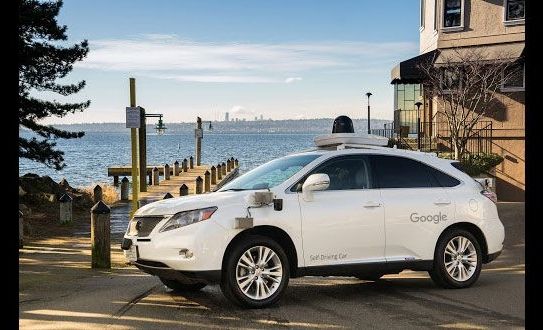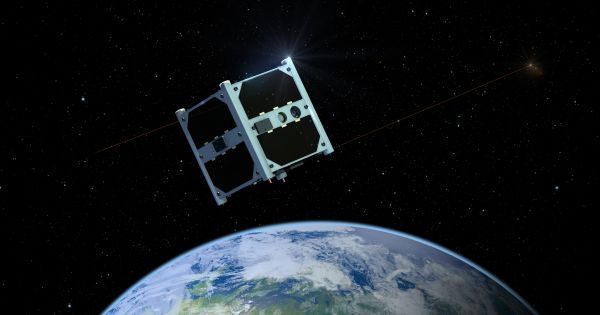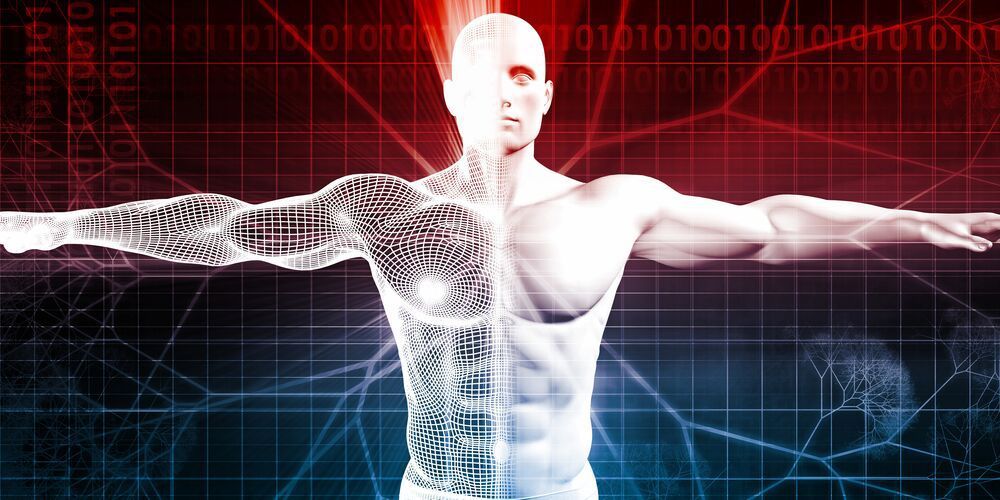Nov 4, 2017
Supporting a decentralized, uncensored Internet for every person on the planet
Posted by Ian Hale in categories: bitcoin, cryptocurrencies, encryption, internet
What makes a better Internet possible? At Orchid Labs, our goal is to ensure that every person on Earth can have access to an open, decentralized, and uncensored Internet. We believe a better Internet is one that isn’t controlled by the few, but open to all.
Currently, Internet access for the majority of the people on Earth is censored and monitored. Because of this, many Internet users are blocked from freely communicating, collaborating, and accessing information. The current centralized system, which limits our ability to communicate and learn — while also harvesting and selling our personal data — is far from the full potential of what the internet could be and strays from the original intention of its creators.
That’s why we’ve launched the Orchid Protocol, an open-source overlay network that uses excess bandwidth on top of the existing Internet to ensure that people — no matter where they live on our planet — can have unrestricted access to information and collaboration. Orchid’s protocol combines surplus bandwidth, state-of-the-art encryption, and a decentralized infrastructure enabling any Internet user to participate and exchange bandwidth for payment in peer-to-peer transactions using Orchid tokens on the Ethereum blockchain.















